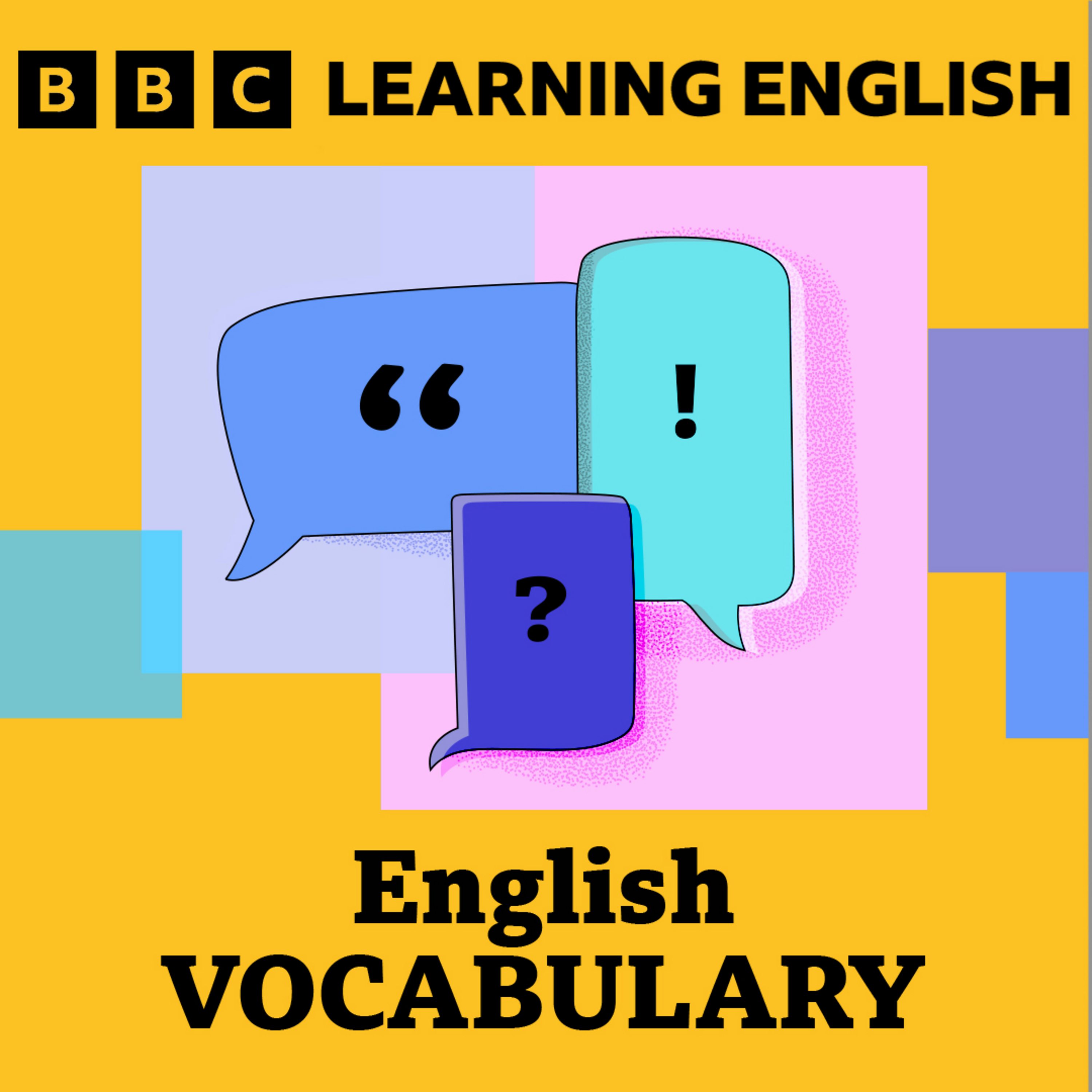
Deep Dive
What are uncountable nouns in English?
Uncountable nouns are nouns that cannot be counted, such as water, money, and research. They often represent abstract concepts, liquids, gases, or groups of items.
Why are some nouns uncountable in English?
Uncountable nouns often represent abstract concepts, liquids, gases, or groups of items, making them difficult to quantify individually.
What are examples of uncountable nouns related to activities?
Examples include travel, work, and homework, which are typically treated as uncountable nouns in English.
How can you use 'a piece of' with uncountable nouns?
You can add 'a piece of' to uncountable nouns like information or advice to make them countable in certain contexts, e.g., 'a piece of information' or 'two pieces of advice'.
What are some examples of group nouns that are uncountable?
Examples include accommodation (places to stay), fruit, food, and weather, which are treated as singular and uncountable in English.
Why are subjects like physics and economics considered uncountable?
Despite ending in 's', subjects like physics and economics are treated as uncountable nouns in English, requiring singular verbs.
What is the rule for using uncountable nouns with articles?
Uncountable nouns do not use articles 'a' or 'an'. Instead, they are used with 'some', e.g., 'some advice' rather than 'an advice'.
What are some examples of uncountable nouns related to liquids and gases?
Examples include water and air, which are treated as uncountable nouns in English.
What are some examples of uncountable nouns related to feelings and ideas?
Examples include happiness, education, and history, which are treated as uncountable nouns in English.
How can you identify uncountable nouns in English?
Uncountable nouns often belong to categories like activity words, information words, or group words. If a noun fits into one of these types, it is likely uncountable.
Shownotes Transcript
What is more important in life: knowledge, money or happiness?
FIND BBC LEARNING ENGLISH HERE: Visit our website ✔️ https://www.bbc.co.uk/learningenglish Follow us ✔️ https://www.bbc.co.uk/learningenglish/followus
SUBSCRIBE TO OUR NEWSLETTER: ✔️ https://www.bbc.co.uk/learningenglish/newsletters
LIKE PODCASTS? Try some of our other popular podcasts including: ✔️ Learning English for Work ✔️ Learning English from the News ✔️ Learning English Stories
They're all available by searching in your podcast app.